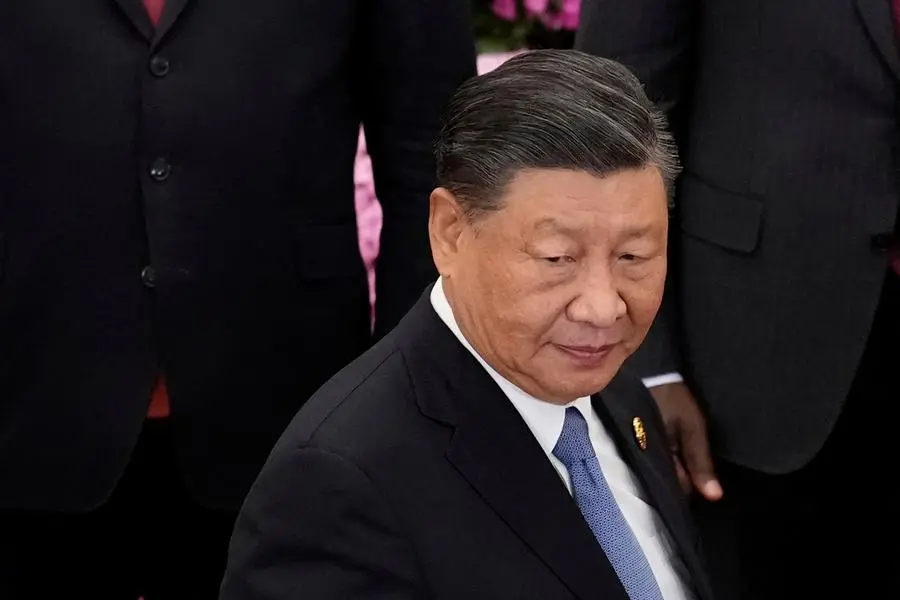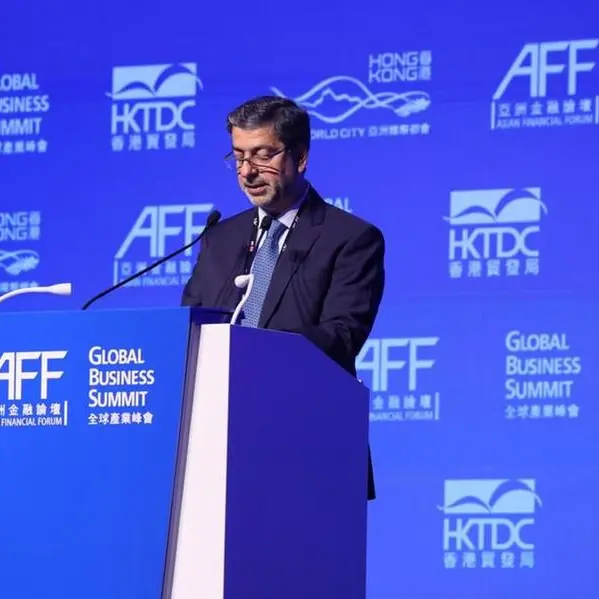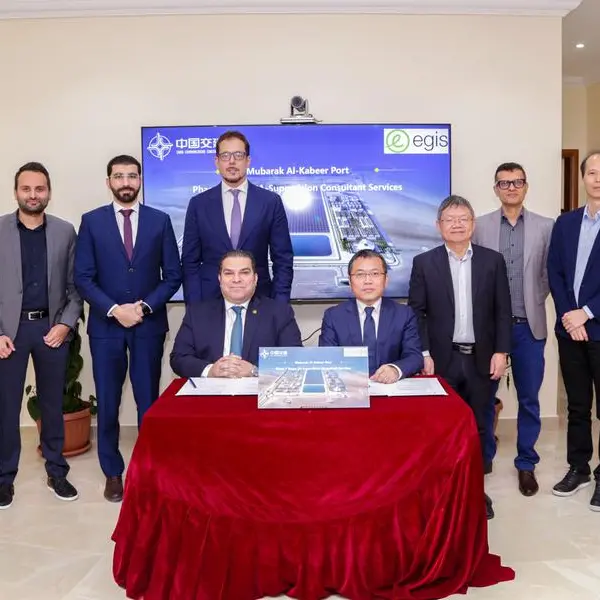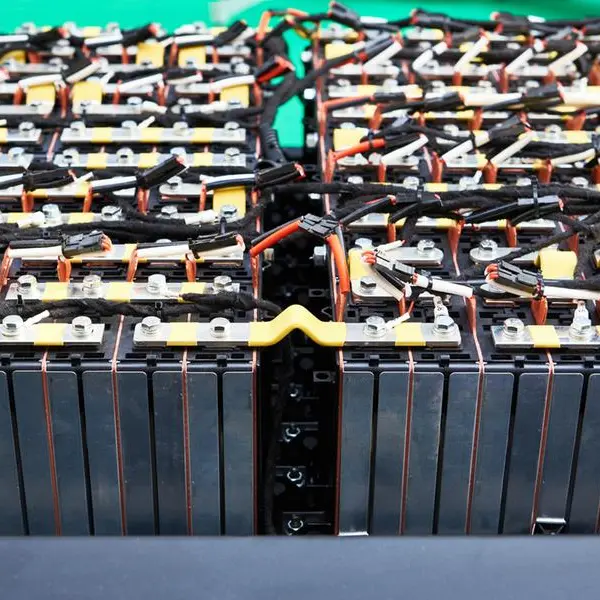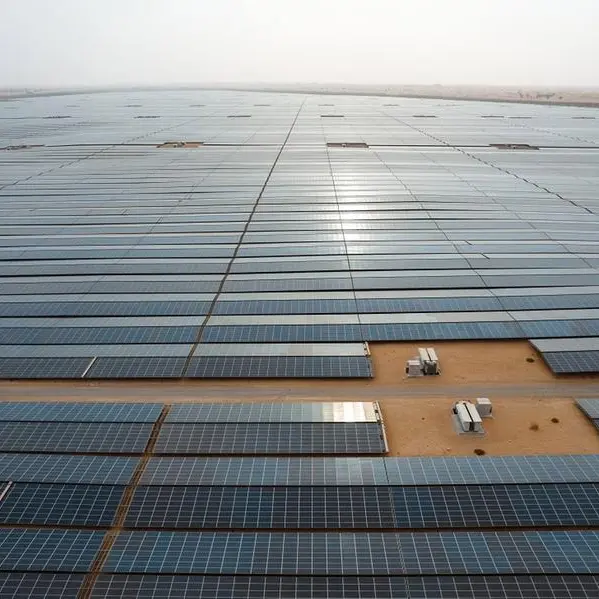PHOTO
BEIJING: Chinese President Xi Jinping opened the Belt and Road Forum in Beijing on Wednesday declaring that "blueprints turned into real projects" during the decade since he launch his initiative to build global infrastructure and energy networks.
Representatives of more than 130 countries, largely from the Global South, attended the forum including more than two dozen heads of state, or whom the most prominent was Xi's "dear friend" Russian President Vladimir Putin.
Addressing more than 1,000 Chinese and foreign delegates assembled in an ornate conference room in the Great Hall of the People west of Tiananmen Square, Xi said his flagship policy had "boosted the flow of goods, capital, technology and human resources into the countries involved."
Putin and other foreign leaders sat with key Chinese officials from the 25-member Politburo on the front row, as Xi delivered his opening speech.
The forum centres on the Belt and Road Initiative (BRI), a grand plan launched by Xi in 2013, that envisioned building global infrastructure and energy networks connecting Asia with Africa and Europe through overland and maritime routes.
Although BRI at first set out to connect China to Western Europe, senior EU figures were missing. The sole head of state present from the bloc was Hungary's populist President Viktor Orban. Other notable attendees included the Afghan Taliban administration's commerce minister Haji Nooruddin Azizi.
Western scepticism of Xi's grand plans stems from suspicions over the way it would extend China's global influence, analysts say.
China has at times bristled at criticism of the BRI, saying it carries anti-Chinese prejudice and a wish to contain its rise, while overlooking what it says are genuine good intentions.
The BRI's original scale and ambition have been impacted by shocks, including a trade war with the United States, economic slowdown in China, Russia's invasion of Ukraine, and the pandemic.
Xi is pushing to make the Belt and Road smaller and greener, moving away from big-ticket projects like dams to high-tech ones such as digital finance and e-commerce platforms.
The aim is to aid a broader push for a world order that is multi-polar and gives the Global South more agency, rather than one dominated by Washington and its allies, analysts say.
The BRI has also become more focused on issues such as climate change and artificial intelligence, as Xi seeks to use it to export Chinese ideas about governance and build consensus around Chinese norms and its development model, analysts say.
(Reporting by Antoni Slodkowski; Editing by Simon Cameron-Moore)
